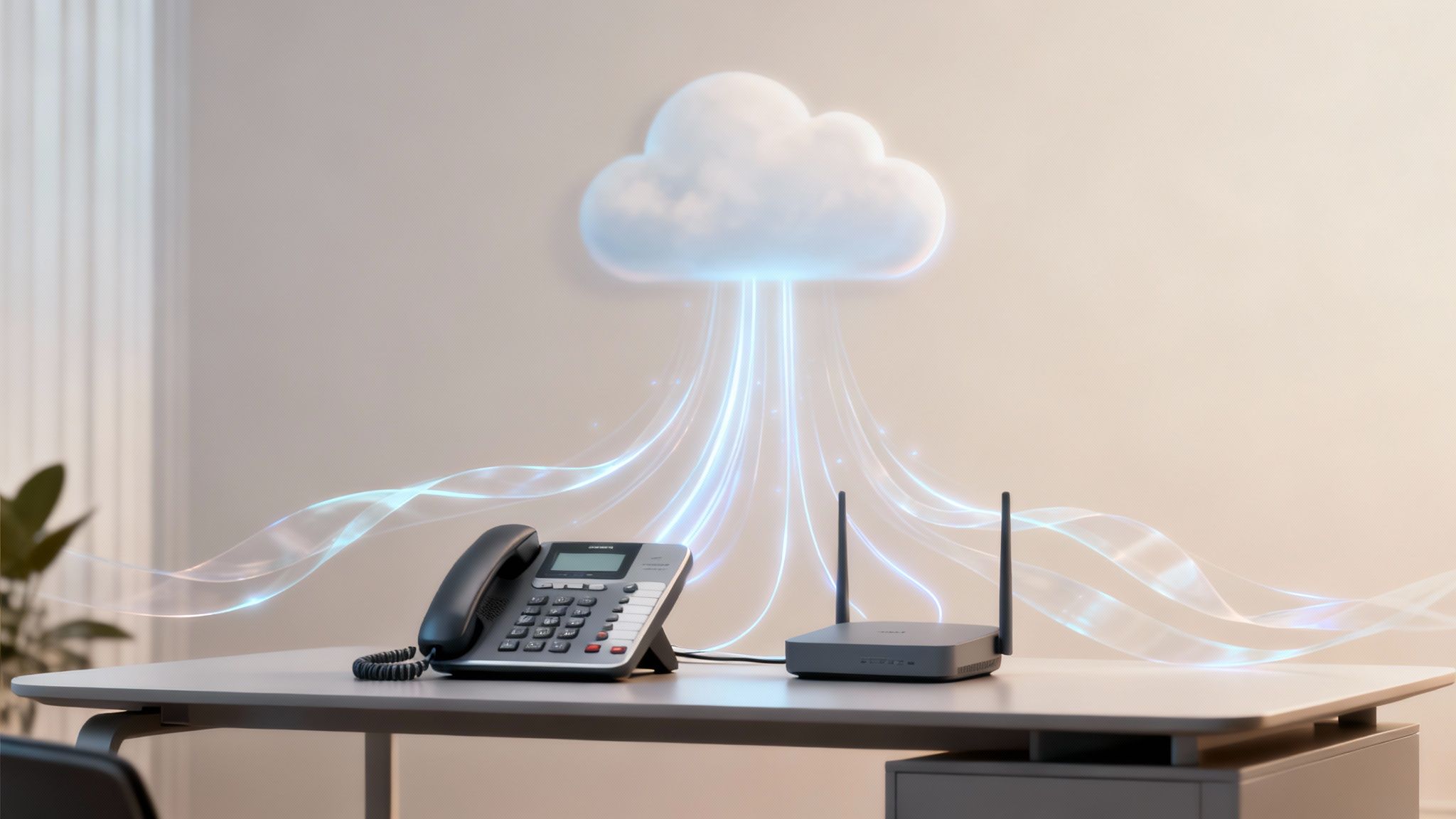Risks of providing free customer WiFi in Australia

It's a little known fact outside of the land down under that WiFi is an Australian invention. The Australian Government's Commonwealth Scientific and Industrial Research Organisation (CSIRO) invented and patented wireless LAN technology in the 1990s.
Today, WiFi is nearly ubiquitous in Australia as households and businesses use the technology to allow maximum mobility and convenience. For retail businesses, providing free WiFi has become a common way of encouraging customers to stay a while longer, and, for example, buy an extra cup of coffee or two, or those few extra books. Yet many Australian businesses providing this free service have not considered some of the legal risks that free WiFi could create.
Regulation in Australia
Wireless internet use and access is relatively unregulated in Australia. There are no licensing requirements for being a free WiFi provider, although the Telecommunications Act, Spam Act and Privacy Act all deal with issues that could affect WiFi. That said, the way most people use the technology, mean they are unlikely to be affected by those laws any more than desk-top internet access.
Businesses providing free WiFi are usually simply providing access to their internet connection, without collecting any data about the users. For those providers, there is minimal risk under Australian privacy laws, but as soon as an email address, name or potentially an IP address, is collected from the users of the free WiFi, the Privacy Act could kick-in and create a new layer of compliance.
Potential risks
There is no complete list of risks for free WiFi providers. Like many things, the risks are as broad and numerous as imagination allows, and many are there as theoretical risks, but with low probability and/or little likelihood of real damage. However there are some risks that are easy to think about and deal with as a starting point.
The first major risk is use of the free WiFi network for illegal activity. Copyright infringement is a common and obvious risk, but it is likely that Australian law will hold the individual user liable, rather than the provider of the free WiFi. A recent case in the Australian High Court (the equivalent of the US Supreme Court) has made it clear (for now) that internet service providers are not responsible for any illegal use of the network by their users. Nonetheless, forcing users to agree to an acceptable use policy is a good way to mitigate this risk if the law were to change in future.
Illegal activity could also extend to even more sinister behaviour, such as terrorism, child pornography, drug trafficking and anything else where anonymity is useful, and a public internet source can cover the tracks of a criminal. While it is unlikely that the provider of the free WiFi would be held liable for a criminal offence of a user, the interruption to the business of a criminal investigation may be enough of a problem to consider using internet filters or other technology to reduce the risk.
Acceptable use policies
Acceptable use policies are one way to minimise legal risks, creating a contractual relationship between the free WiFi provider and the user. By requiring the user to agree to the acceptable use policy before accessing the free WiFi network, the business providing the WiFi creates a contractual relationship which can contain certain promises, warranties and indemnities to protect the business if the user does anything wrong.
For businesses that collect information about the users, such as an email address, the acceptable use policy should also include a privacy policy, ensuring compliance with the Privacy Act, and disclosing the information collected, and how it will be used or disclosed.
Internet filtering
While the previous Australian Government proposed a nation-wide internet filter, the current Minister for Communications, Malcolm Turnbull, has rejected such a policy. In the absence of a government-mandated internet filter, businesses are able to use their own internet filters to control access to undesirable websites. Basic filtering software is available for free online, but businesses may wish to invest in more advanced technology to ensure proper protection of their business from illegal activity, while allowing customers to still use their free WiFi access without being blocked from every website they want to use. Like most things, you get what you pay for.
Squire Sanders is one of the world's strongest integrated legal practices with more than 1,300 lawyers in 39 offices across 19 countries. The Intellectual Property and Technology group is well situated to answer your questions regarding these and related legal issues in Australia, the U.S. and Europe.
This article is made available by Squire Sanders only to provide general commentary of the law as it stands on 28 March 2014, not to provide specific legal advice nor to warrant compliance with the law by Purple WiFi Limited. There is no attorney-client relationship between the reader and Squire Sanders. This article should not be used as a substitute for competent, up-to-date legal advice from a licensed professional attorney.
© Squire Sanders March 2014. All rights reserved.
For further information on this topic, please contact:
Richard Pascoe
Of Counsel
Intellectual Property and Technology
T - +61 2 8248 7803
E - richard.pascoe@squiresanders.com




.png)

.png)





